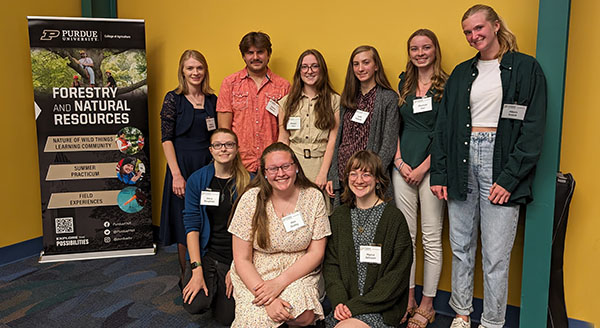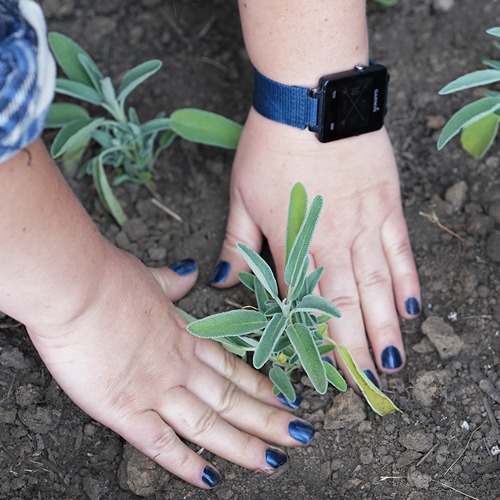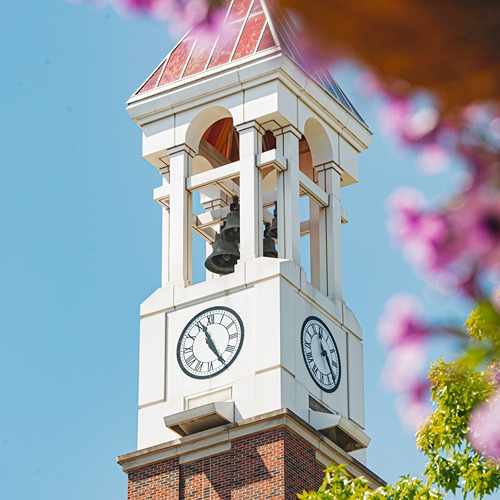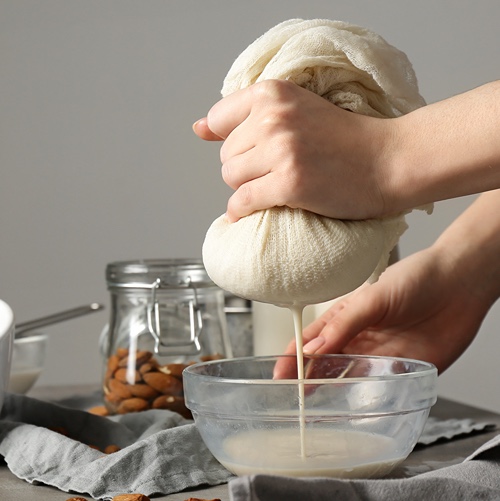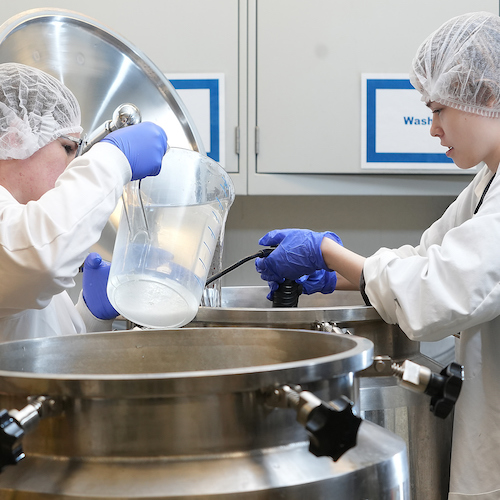Before throwing that banana peel “away,” Karen Mitchell wants you to consider where exactly it’s going and what the benefits of keeping it for yourself can mean.
Mitchell, a consumer horticulture extension specialist in the department of horticulture and landscape architecture, said eliminating landfill waste by creating a compost bin in your back yard benefits your gardens, flower beds and the Earth.
“I’m a huge advocate for composting, primarily because we’ve all heard the statistic that between 30 and 40 percent of our food is wasted in the United States,” Mitchell said. “That just means there is an incredible amount of food in our landfills that could be turned into natural fertilizer, serving a better purpose.”
Mitchell said compost can be extremely valuable to home gardeners with the organic material often referred to as “black gold.” Although a three-bin style for composting is ideal, smaller systems such as totes, confinement of mesh wire, wooden pallets or cinder blocks can also be used to create a simple compost spot.
An ideal ratio of ingredients for composting should be kept in mind when starting from scratch, Mitchell said, which include a balance of organic materials, water and oxygen.
“You’ll often hear about the carbon to nitrogen, or C/N, ratio discussed when we talk about compost and how you want a 30 to one C/N ratio, but that doesn’t mean a whole lot to most people,” Mitchell said. “Essentially, we're saying we want 30 times more of the browns versus the greens. So, the browns are the carbon, which includes things like wood chips, paper, dry brown leaves, while the greens are the plant tissue.”
Mitchell said she tries not to bog beginners down with the ratio as it can be difficult to judge when throwing things into the bin. When starting a compost bin, it’s good to keep a stockpile of “the browns” on hand for when it feels like the plant tissue is getting excessive. If it starts to smell bad or is soggy, add in more of “the browns.”
Turning your compost, or stirring it up, is also key to a quicker breakdown for the compost, Mitchell said, people can be as active or passive with their compost bins as they like. The smaller and more broken up the content of your compost bin is, the quicker it will break down.
So, when do you know your compost is ready to be used? Mitchell said the compost should resemble a uniform potting soil when it’s ready, but don’t use it as if it were potting soil.
“In things like house plants, you wouldn’t want to only use compost; it should be used as a soil amendment,” Mitchell explained. “Adding compost increases water-holding capacity, aeration and nutrient exchange sites in the soil. Compost is also great for garden mulch to help suppress weeds.”
While composting can be great for eliminating what goes into your trash can, Mitchell said it is important to also understand not to put meat scraps, bones, oils or fats into compost bins as they attract vermin.
“Some people will assume pet feces can be composted, but we do not recommend that because of disease transmission possibilities like parasites and things like that. That then comes with the question of, ‘Well, why can I put my chicken manure in there but not my other pets,’” Mitchell said. “The general rule is if it eats meat or is meat you keep it out of the compost. So, because of what a cat and dogs' diet should be, they fall into the don’t compost category, while chickens and cows are only eating vegetation so they’re fine.”
